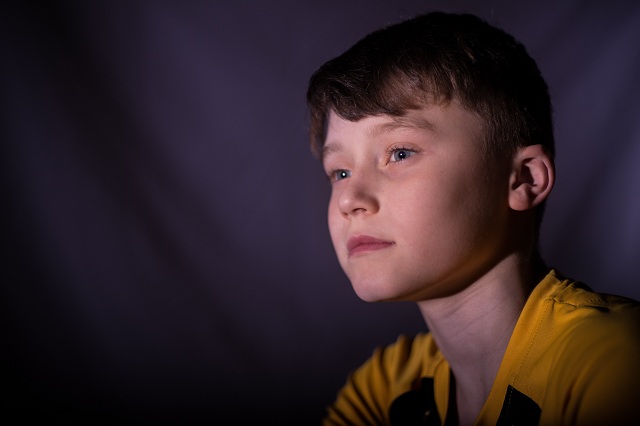Around 11% of kids, aged 4 to 17, in United States suffer from ADHD. Suspecting or knowing that your child has ADHD (aka ADD) can trigger numerous feelings.
What is it?
In simple words, ADHD is a biological condition in which a child may find it hard to sit still and concentrate on a single thing. Kids suffering from ADHD have some parts of the brain less active, and that usually occurs in frontal lobe –that in turn upset balance of certain chemicals.
There are three types of ADHD:
- ADHD, Predominantly Hyperactive-Impulsive Presentation: Symptoms are hyperactivity and feeling the need to move constantly. Plus, less impulse control.
- ADHD, Predominantly Inattentive Presentation: Difficulty paying attention easily distracted but no issues with impulse or hyperactivity.
- ADHD, Combined Presentation: Most common type of ADHD. Kids show all of the symptoms mentioned above.
How to diagnose ADHD?
Being a complex condition, there is no single test. Lengthy talks with child, parents, and teachers are required and also behavioral test of child.
A battery of tests is taken,
- Medical and Social History of child and family.
- Physical exam and neurological assessment including screening of vision, hearing, verbal and motor skills. More tests for hyperactivity, maybe.
- Evaluation of intelligence, aptitude, personality traits, or processing skills.
- A scan that measures beta and theta waves of the brain is done, called Neuropsychiatric EEG-Based Assessment Aid (NEBA) System.
How can ADHD be treated?
Combination of medication and psychological and behavioral therapies is considered to be the most effective treatment. Though, families are different and so is the child –so, it is more of a hit and trial method to find the combination that works for you. A close cooperation between the therapists, doctors, teachers, and parents are crucial.
There are three types of drugs that are useful:
- Stimulants: There is a lot of controversy about their possible overuse but these are the most common medications used. A close watch by the therapist is needed.
- Non Stimulants: Atomoxetine and clonidine are most popular non-stimulants for ADHD. Obviously, these drugs have their own side effects.
- Other Drugs: Some cases might require antidepressant medications such as drugs called SSRIs, bupropion, venlafaxine or others.
Psychological Treatment: Cognitive Behavioral Therapy is the most recommended therapy for kids. This can be extremely effective if the parents learn the techniques to control their child’s behavior.
Some Tips for Lifestyle
- Join a support group. E.g. CHADD (Children and Adults with Attention-Deficit/Hyperactivity Disorder).
- Assist your child with self-esteem. ADHD requires your child to make corrections to him which may result in bad opinions about him.
- Good behavior should be rewarded.
- Have consistency and discipline. You have to make sure other caretakers remember this as well.
- Tell precise instructions such as “Take a shower. Now, eat the breakfast” rather than “Get ready!”
- Cheer up your child by praising his special strengths especially in non-academic field.
- Follow a strict routine for meals, bedtime, and other activities.
- Playing and exercising is very important. Don’t let your kid delve in to the monotone of homework.
- Remove distractions from the room. Simplify it.
